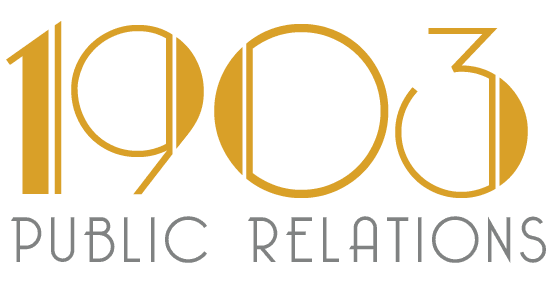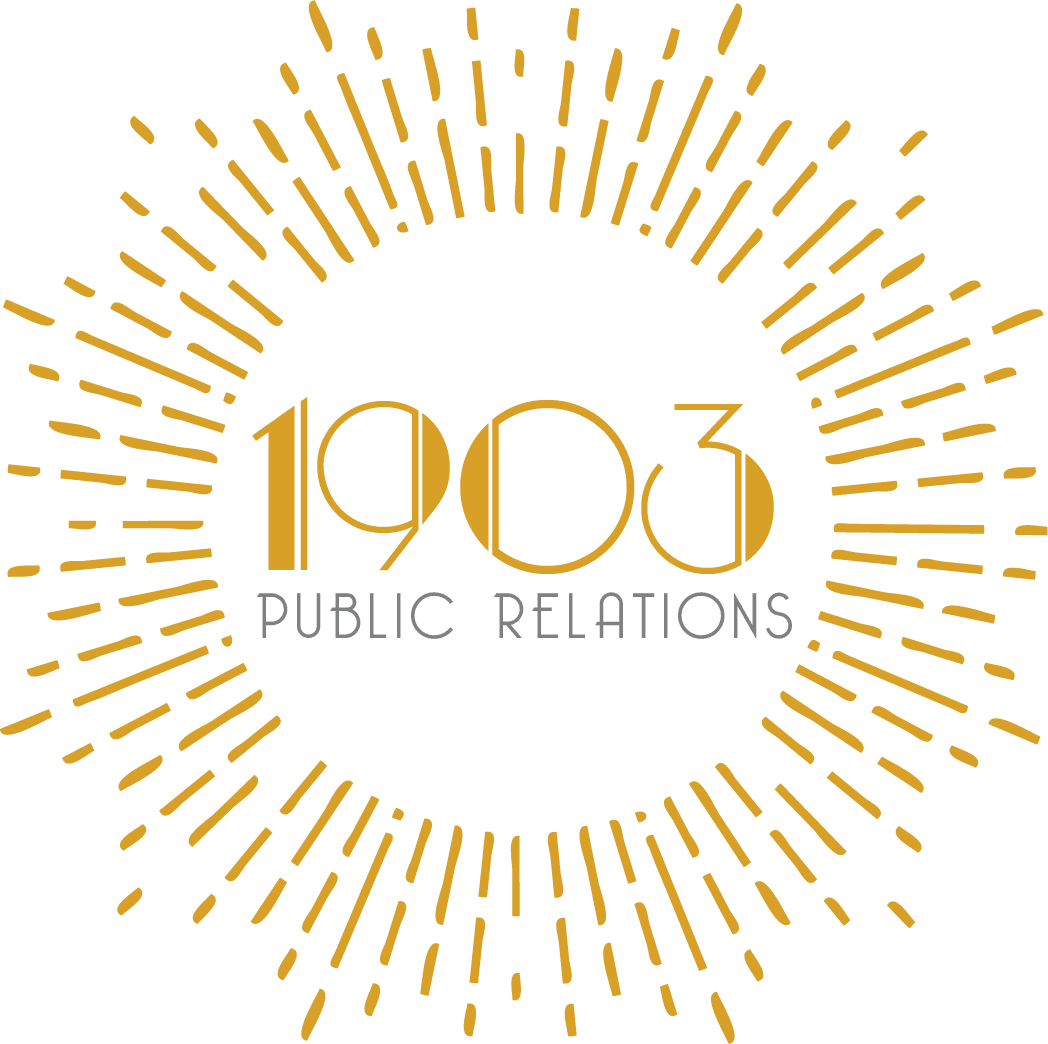For many businesses, media relations typically means scheduled interviews, planned press conferences, or polished quotes in press releases. But in today’s constantly shifting media environment, interactions with journalists aren’t always formal—and they’re almost never “off the record.”
Whether you’re chatting with a journalist at a networking event or answering a quick question after a panel, it’s important to remember one key rule: the reporter is always working. Even a friendly exchange over coffee can become a headline.
Here’s how to handle impromptu press encounters with professionalism, clarity, and confidence:
Assume Everything Is on the Record
If you’re speaking to a journalist—even informally—your comments can be quoted. Unless you’ve explicitly agreed to speak off the record (and the reporter has agreed), your words are fair game. It doesn’t matter if you’re on a tradeshow floor or waiting in line at the coffee bar—anything you say can shape a story. Train key staff to recognize that “casual” doesn’t mean “private,” and that every word could make tomorrow’s news cycle. Even off the record conversations are still dangerous as a reporter may not attribute quotes directly to you but may publish it with “those familiar with the story say…” It’s always better to play it safe than have private information become public.
Stay in Message Mode
It’s easy to veer off-topic in relaxed conversations. Have a few go-to talking points ready for moments like these. Whether discussing company values, updates, or crisis issues, stick to messages you’re comfortable seeing in print. This isn’t about being robotic—it’s about being strategic. Clear, consistent messaging builds trust with the media and reduces the risk of misinterpretation or misquoting.
Know When to Pass the Mic
Not every employee should field media questions. A well-meaning comment from the wrong person can unintentionally derail your narrative. Make sure your team knows who the designated media spokesperson is and when to redirect a reporter’s inquiry. “That’s a great question—let me connect you with our comms team,” is a powerful, professional response that protects your brand and ensures accuracy. Having a clear policy for employees reduces the potential for any sticky situation and makes sure that staff is aware of what they can and can’t say around reporters.
Don’t Speculate
When caught off guard, it’s tempting to fill silence with guesses or hypotheticals. Resist the urge. Speculation can quickly snowball into misleading or damaging coverage, even when intentions are good. If you don’t know the answer, say so. If the matter is confidential or under development, let the reporter know that more information will be available soon through the appropriate channels.
Consider the example of Elon Musk’s 2018 tweet stating he had “funding secured” to take Tesla private—a casual message on Twitter that led to a $40 million SEC settlement when it was revealed that funding wasn’t actually confirmed. The tweet, viewed as a public investor statement, sparked major consequences. It’s a sharp reminder that speculation, even on informal platforms, can turn into formal fallout. Read more cautionary tales here.
Follow Up
If you’re caught mid-conversation or feel you could’ve been clearer, follow up. A short, thoughtful email can provide context, clarify your message, or redirect the story. This shows you’re proactive, media-savvy, and committed to transparency. A follow-up can also strengthen your relationship with the journalist—a valuable asset for future coverage.
Let’s Chat About Your Needs
The news cycle and social media ecosystem never stop; every interaction is a potential story. By preparing for spontaneous encounters with the same care as formal interviews, your business can protect its brand, build credibility, and foster stronger media relationships.
Need help training your team or building your media toolkit? Every company has different needs and strategies, so let’s chat through the help you need.
Schedule a Meeting Today


